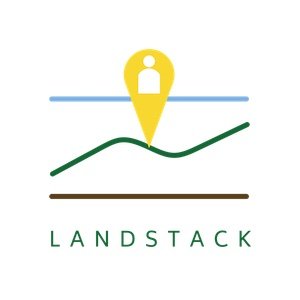Land data inadequacies and information asymmetry are at the heart of the manifold problems that complicate land governance and make outcomes less inclusive, unjust and often conflict-ridden. Wholesale absence of information or critical gaps even where data exists, inaccuracy and failure to update, all impact the utility and credibility of land data.
Landstack seeks to assist in the process of bridging data and information gaps while also contributing to building a symbiotic land ecosystem, by connecting actors, institutions and evidence, to make land governance inclusive, resilient and just.
Landstack is an attempt to consolidate and expand the robust network of land experts and institutions that CLG had already built, partnering with land stakeholders, including governments, donors, UN agencies, civil society organizations, and academic/research institutions. Landstack will strive to bridge existing gaps in land governance, carve and expand the space for land related initiatives and strengthen relevant institutions and actors. This new institutional form is committed to strengthening and expanding the land ecosystem for the benefit of individuals, communities, and the planet, while also contributing to inclusive growth.
To realize its vision, Landstack will aim at collaborative actions by mobilizing all relevant resources to engage with existing and new partners. With an expanded and diverse team and partnerships, Landstack hopes to unleash innovative land actions and solutions which are both impactful and inclusive.
It aims at playing a catalytic role to trigger and sustain strategic engagements with Research (both policy and action), Technology (backstopping, piloting and stacking), Networking (including facilitating relevant events), as well as Capacity Building (state and other actors) to improve inclusive land relations in India and the global South.
It is through these dimensions that Landstack seeks to build and nurture a symbiotic land ecosystem for informing and impacting land policy and practice.
These four interconnected verticals comprise the core architecture of Landstack. These will be the pillars through which it will also address interdisciplinary issues around gender, sustainability, climate change/action as cross-cutting themes while keeping a focus on indigenous communities, youth and women.



